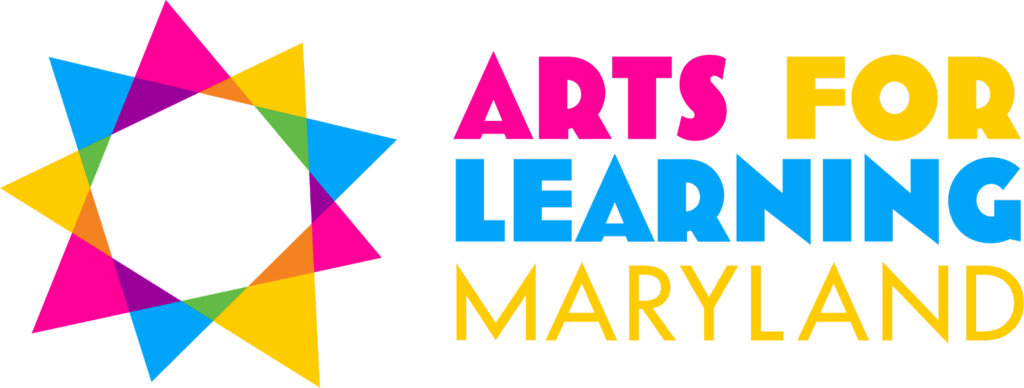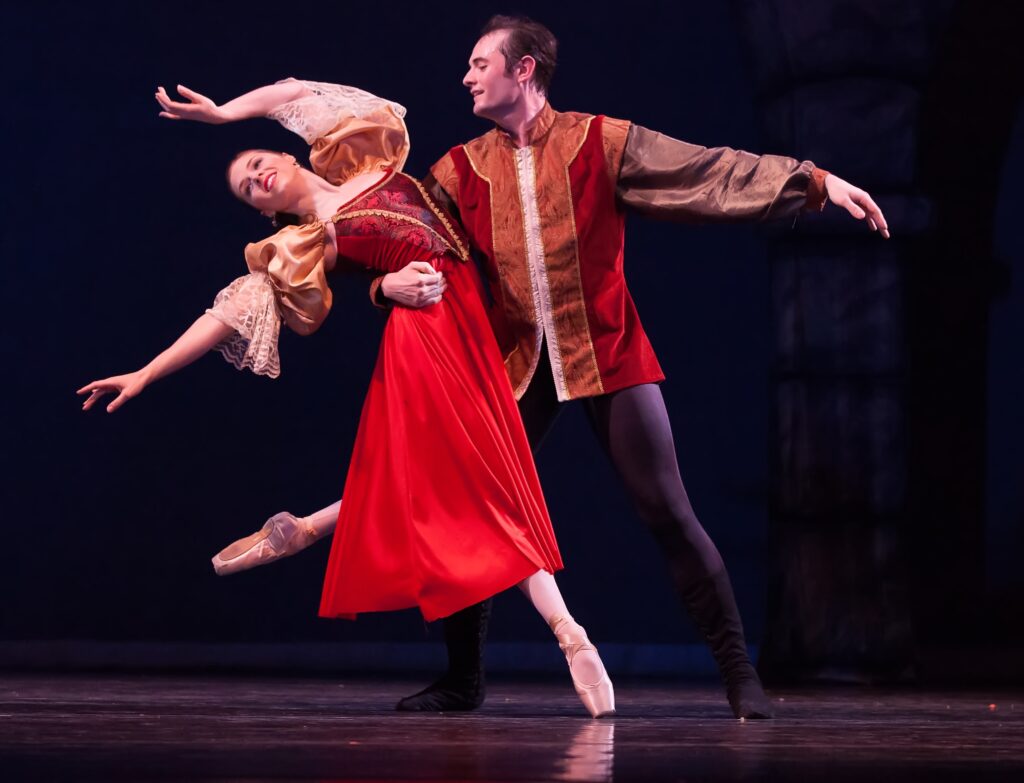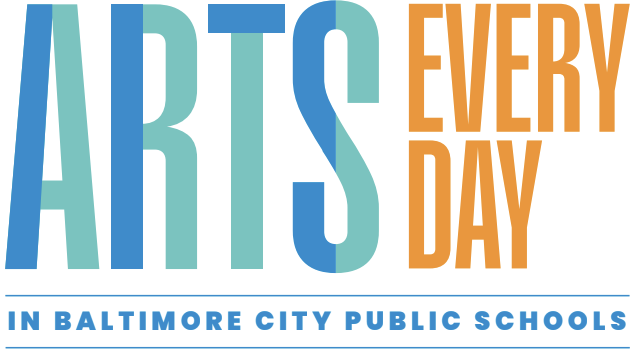Program / Event Details
Provider: Arts for Learning Maryland

Contact Details
Baltimore, MD 21202

The ballet Sleeping Beauty, first staged by Marius Petipa to the score of Pytor Thaikovsky in 1890, is a celebrated classic that brings the well-known fairytale to life. BTM’s educational rendition of the classical ballet features a colorful retelling of the tale that guides students through the story, demonstrating the art of storytelling through movement and dance.
Introduction (approximately 10 minutes): The assembly will begin with an overview of the ballet, including the story, the explanation that a ballet is told in movements not words, and an introduction to the characters. Next, the dancers will lead the students in pantomime movements that help tell the story. They will learn the Lilac Fairy pantomime that reverses Carabosse’s curse and the ballet pantomime that will call the fairies on stage to begin their dance.
Performance (approximately 25-30 minutes): The Prologue will feature the five fairies and their gifts to Aurora (grace, beauty, generosity, a melodious voice, and good temperament), the Lilac Fairy, and the evil fairy Carabosse. Following the curse on Aurora, students will join the dancers at Aurora’s 16th birthday party where she dances with her suitors until she is tricked by Carabosse into pricking her finger on a hidden spindle, falling into a deep sleep. Next, the audience will be transported to the overgrown forest around the castle where Princess Aurora and her family sleeps under Carabosse’s spell for 100 years. Here, the Lilac Fairy guides Prince Florimund to Princess Aurora, and the spell is lifted with his kiss as Aurora is awakened. Finally, the dancers will present the joyful divertissements celebrating Aurora and Prince Florimund’s wedding including the Jewel Fairies and fairytale guests like Little Red Riding Hood and Puss in Boots. This excerpt of the ballet’s third act is colorful, witty and fast-paced to round out the performance.
Discussion: Following the performance, the dancers will return to the stage to guide the audience through some movements of their own, including the arm movements that each fairy uses to gift Aurora her talents. They will string the movements together into a short bit of choreography that the audience may perform while seated. Finally, the dancers will allow time to answer questions from the audience regarding what they saw, the ballet, life as a dancer etc.
While the general outline of the performance will remain standard, this program will be adjusted based on the age groups of the audience. Generally, for kindergarten-6th, the program will feature more audience participation with additional opportunities to learn choreography and pantomime and a greater focus on the story being told. For the older age groups in grades 7-12, we will focus more on the dancing segment itself and the athleticism required and leave more time for interactive questions from the audience at the end. This will also include a discussion of the additional aspects of a full ballet that help audiences understand the story including costumes, sets, lighting, and music.
